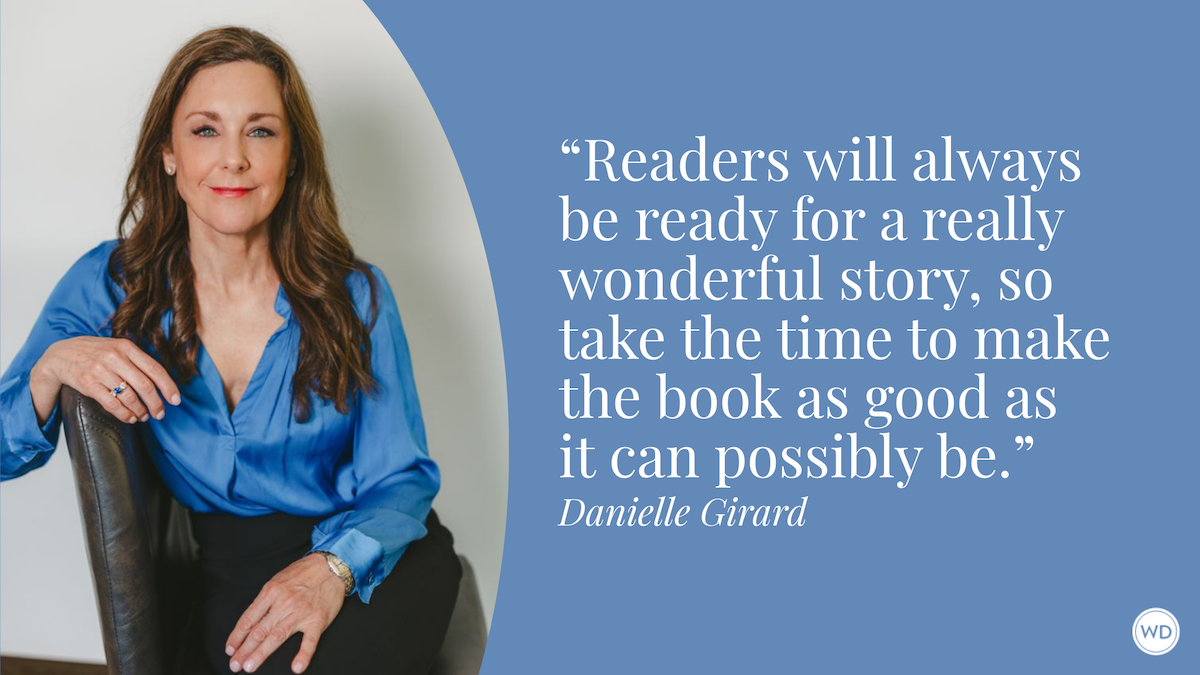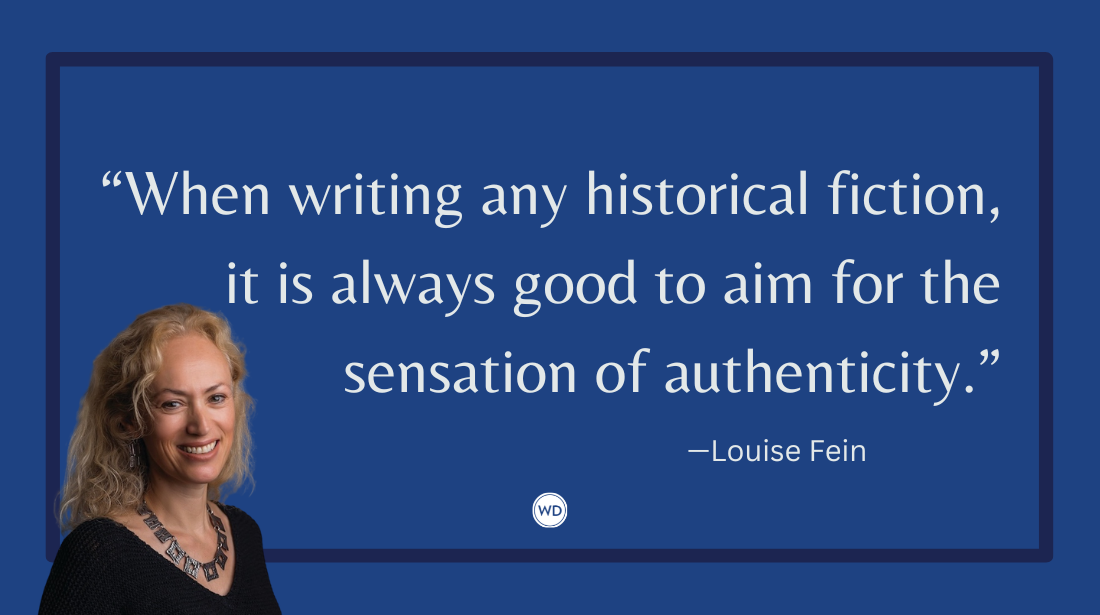Things To Consider When Writing About Ghosts and the Supernatural in Fiction
From maintaining subtlety to visiting haunted places, author J. Fremont shares everything to consider when writing about ghosts and the supernatural in fiction.
The definition of supernatural is a manifestation or event attributed to some force beyond scientific understanding or the laws of nature. Things that are of or relating to an order of existence beyond the visible, observable universe. Synonyms or similar words include paranormal, mystical, magic, weird, and unbelievable.
Writing about something that is weird and unbelievable and achieving receptivity, that is overcoming disbelief, of your story is desirable. People liking it and telling others to read your words is every author’s dream. Things to consider when writing about ghosts and the supernatural in fiction are believability, research, and being particular.
There are so many supernatural topics that it helps to know the reason you are choosing to include the paranormal in your story. Who are your characters, your setting, and how does the metaphysical fit into the plot? Once you define that choice, then limit your subject material.
There are a lot of supernatural beings with a host of unique abilities. Vampires, werewolves, ghosts, aliens, fairies, elves, gnomes, demons, etc. Transforming, disappearing, flying, mind control, control over the elements, superhuman strength, etc. What supernatural details you choose to put in, the characters, human and other beings, and the setting of your story will affect your believability factor. Sometimes, less is more, and having vampires, ghosts, aliens, and magic in your story can be overwhelming, not to mention destroy the credibility. Unless you set your story in another dimension, not this reality.
Creating plausible details with regard to your storyline involves research. Let’s say you are writing about vampires. What are their powers, their activities, their motives? Reading about the real origins, legends, stories, and lore about vampires will help.
I incorporated a character seeing spirits in the plot of my book, Magician of Light, and so did the same thing, except there are countless nonfiction books written about hauntings and haunted places. Reading about other’s experiences will inspire ideas for your story. Go on haunted tours, visit public haunted places, stay overnight in haunted hotels. Talk to people who work and spend time in those places. Personal experience will help you create better imaginary scenes and evoke potent feelings like fear, suspense or excitement. Especially if you encounter a ghost in your jaunts!
IndieBound | Bookshop | Amazon
[WD uses affiliate links.]
How many of us, when we read a story, see a movie or TV show and something happens that is totally preposterous, say “Oh, c’mon, really?” In my case, oftentimes the story is spoiled, my mood ruined, and I lose interest. Sometimes, depending on the degree of egregiousness, it evokes disdain. This sounds harsh, but a talented writer aims for total immersion of readers/viewers. How can this happen if they question the plausibility of the narrative? It is contradictory for engrossment in a story and concurrent negative analysis of scenes, events, motives, and plots.
Part of disbelief, mental rejection of something as untrue, is belief. Entertainment means providing enjoyment and keeping people interested, and some of that is based on their beliefs. Readers who aren’t open to the supernatural are less likely to be enthused about a story containing those elements. Some folks reject the supernatural.
A recent poll (2021) shows that even though the belief in ghosts has increased over the last 15 years, only 40 percent of U.S. adults believe in ghosts with half of those (20 percent) believing that they have had a personal encounter with a spirit. 40 percent don’t believe in their existence and 20 percent are unsure. Compare this to vampires. Only eight percent of the adult population in the U.S. think that vampires exist. (This is, of course, excluding the one or two emotional vampires that we all have encountered.) Magic, spells, and witchcraft is the same with fewer people believing that it is a genuine phenomenon.
Writing about ghosts vs. vampires, the ghost crowd could be a little more discerning because they may believe ghosts are real and will expect far greater realism in depiction than the vampire fans. Tolerating outlandish notions is greater when one doesn’t believe it actually exists, or the setting is a magical world. For my plot and characters to be spellbinding in a real-world setting, I had to limit my content and approach the material differently. Predicting the future with Tarot cards and conjuring spirits by séance may be more conceivable to a greater population than performing magic (not tricks or illusions) in our everyday world.
Writing a great story is like cooking and serving a delicious meal. Your reader sits down, dives in, gobbles your tale up, pats their stomach before sitting back and saying, “That was great!” A satisfied reader is more likely to sit at your table again. Know your audience and tailor the specifics to them.
Readers want to forget about our reality for a while and love being drawn into the world of fiction. A world that is self-consistent with reasonable parameters, so be as realistic as possible and write about what you know. If you want to write a convincing story involving the supernatural, then you must immerse yourself in finding out about it. Focus on what you want to include and then read books, get on the internet or associate with spooky people and places. Go find the magic and do it!
J. Fremont is an author and veterinarian. For more than 25 years, she practiced small animal veterinary medicine in addition to serving as an adjunct professor at a local university and community college. The mother of two adult sons, she lives in Southern California with her husband of 30 years. Retired from veterinary medicine, J now spends her time developing her artistic side. In addition to writing, she is a passionate practitioner of the decorative arts, including jewelry making, glass fusing, sewing, and creating mixed media for fun. She enjoys photography, gardening, and posting on Instagram, as well as building gorgeous Pinterest boards. You can find her on her website, drjfremont.com.









